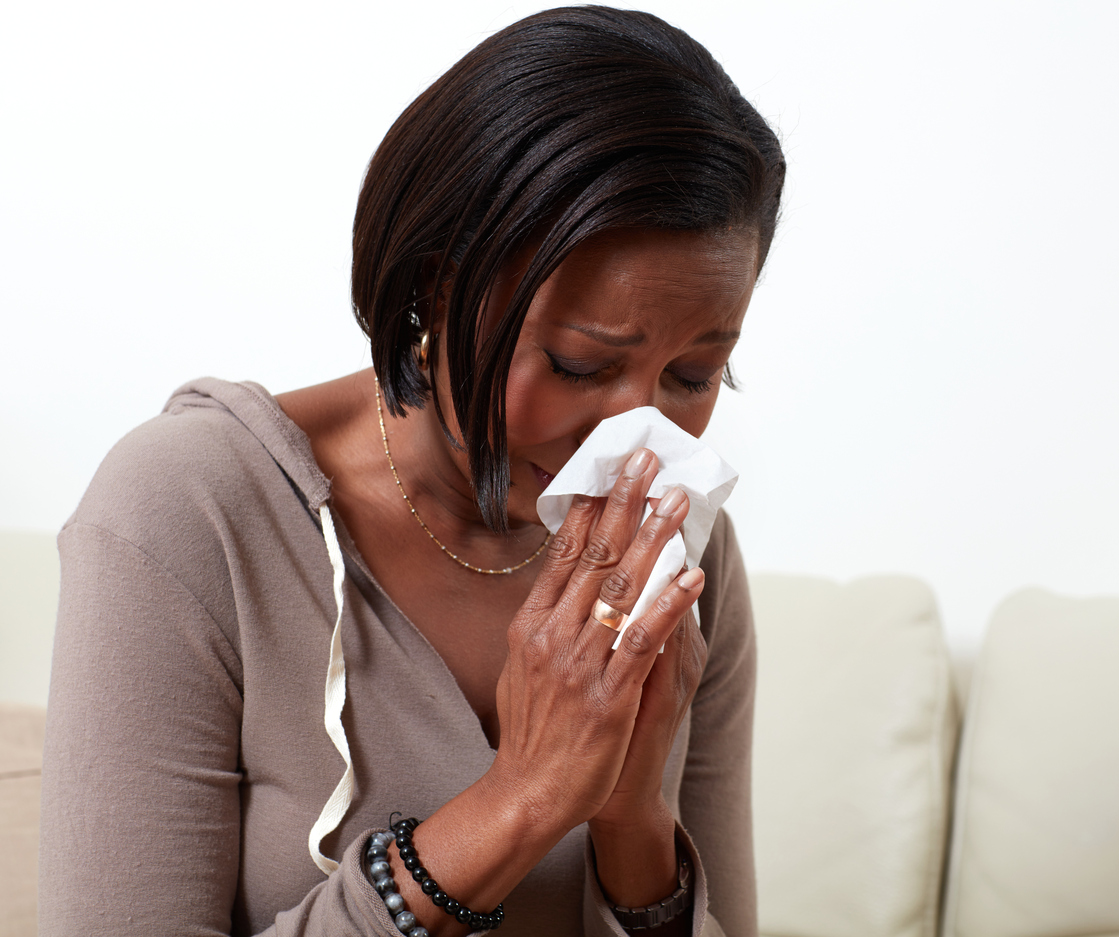
Helping your body to transition with ease through seasonal changes is important, as colds and influenzas become a lot more prevalent during these times.
By: Grace Mantjiu
1. Get a flu shot. Flu vaccines cause antibodies to develop in your body, providing protection against certain strains of the virus. The vaccine takes about two weeks to become effective, so the earlier in the season you get it, the better. But, bear in mind that it causes fatigue and muscle aches in some people.
2. Thoroughly and regularly wash your hands with soap and water. But, do this particularly after using the bathroom, playing with animals, coughing or sneezing into your hands, treating a wound or being in contact with a sick person.
3. Avoid contact with people who have flu.
4. Avoid touching your eyes, nose and mouth as the flu bug gets in through them.
5. Stay healthy! If your immune system is strong, it will fight off infection more efficiently. Eat plenty of fresh fruit and vegetables, drink more water, exercise regularly, limit your alcohol intake and get enough sleep.
If you catch the bug, here’s what to do:
- You don’t have to see a doctor if you have no complications (for example, if your mucus isn’t yellow or green, your fever doesn’t persist and you don’t have breathing problems). But, because flu symptoms are uncomfortable, speak to your doctor or pharmacist about what to take for relief.
- Stay at home! Your flu is contagious for about a day before the symptoms show and about a week afterwards. So, don’t go to work as you’ll infect other people.
- Get plenty of rest. You must not exercise at all.
- Drink lots of fluids, but stay away from alcohol.




